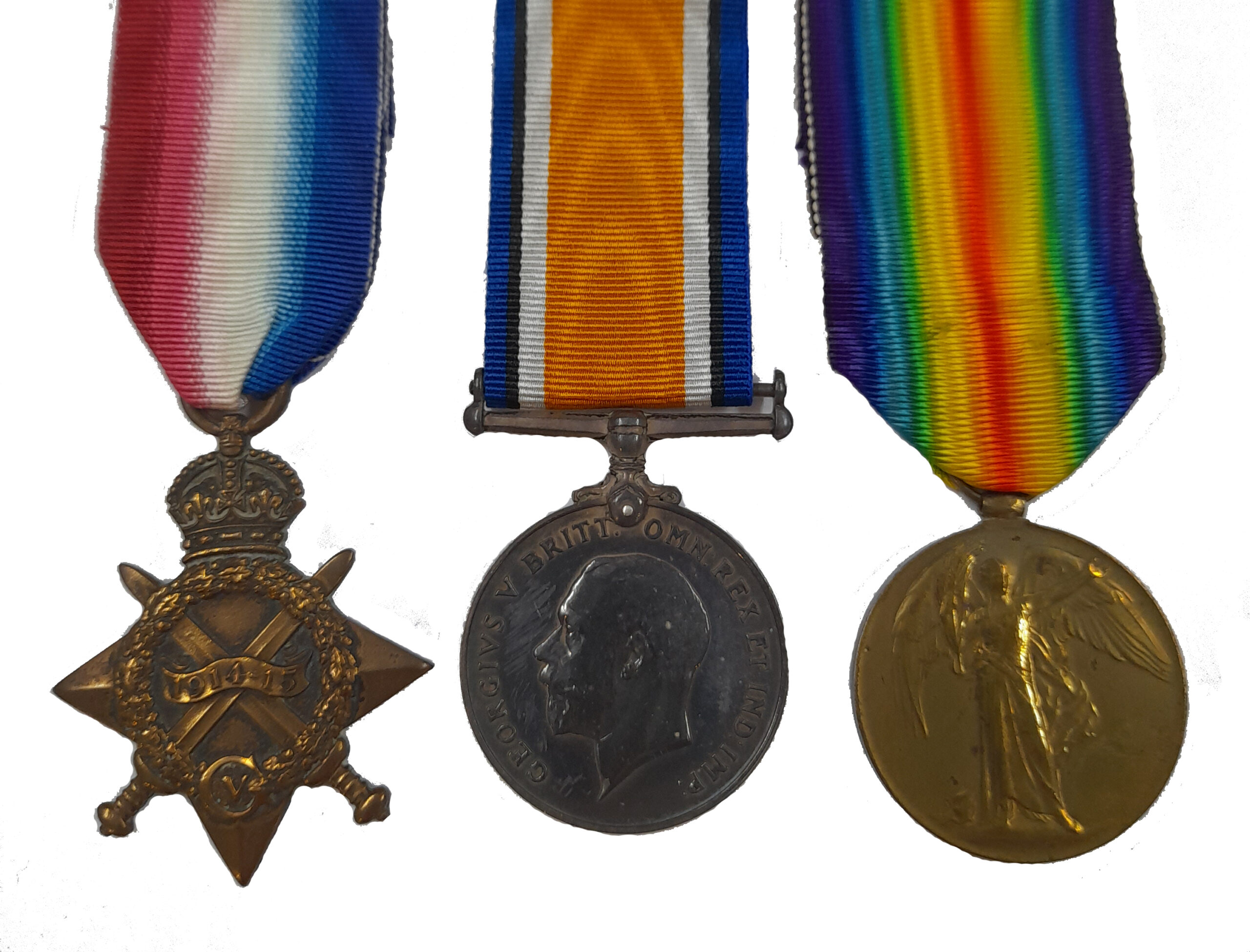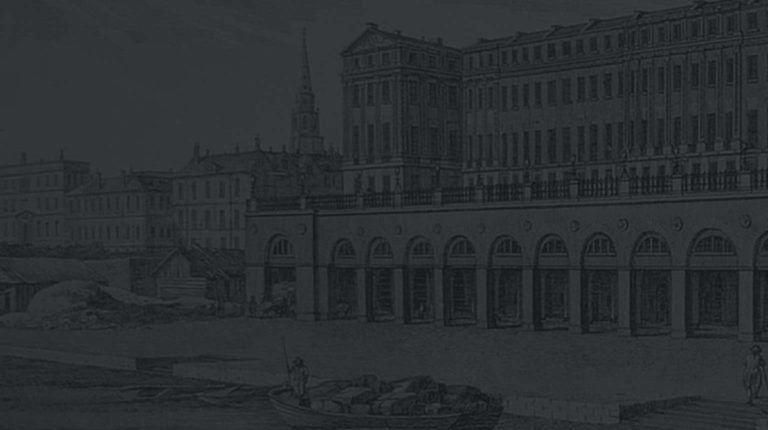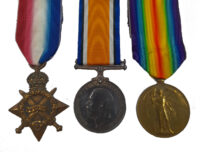Description
The 1914-15 Star Trio awarded to Stoker 1st Class Samuel William Davies who had served aboard H.M.S. Falmouth at the Battle of Jutland and who Died of Pneumonia/Spanish Flu on the 19th of November 1918 whilst serving abord H.M.S. Kildysart, comprising 1914-15 Star (K.10515. S.W. Davis. Sto.1 R.N.), 1914-1920 British War and Victory Medals , (K.10515. S.W. Davis. Sto.1 R.N.), toned very fine
Falmouth – Battle of Jutland on 31 May–1 June 1916. As the battle began, the 3rd Light Cruiser Squadron (LCS) was screening Beatty’s battlecruisers as they searched for the German fleet and moved to support the 1st LCS after they had spotted the German ships. This put them out of position when Beatty turned south to pursue the German battlecruisers. After he turned north on encountering the main body of the German High Seas Fleet, Falmouth and her squadron were the first to encounter the screen of the Grand Fleet at 17:33. As Beatty turned east to rendezvous with them, the cruiser engaged several German ships at ranges below 7,000 yards (6,400 m) and in poor visibility. Falmouth opened fire on the disabled light cruiser SMS Wiesbaden beginning at about 18:15 and also fired a torpedo at her that missed around 18:21. She then briefly engaged two destroyers and then switched to the battlecruisers SMS Lützow and SMS Derfflinger, hitting both ships, also firing a torpedo that she mistakenly claimed to have hit around 18:25. In return, the ship was only hit once by a 15-centimetre (5.9 in) shell on the foremast that cut the voice tubes to the spotting top. By 18:40, the squadron was in position to escort the 3rd Battlecruiser Squadron of the Grand Fleet.
By 20:10, Beatty’s ships were in front of the Grand Fleet and the 3rd LCS was screening them when Falmouth spotted five cruisers of the 4th Scouting Group and the squadron closed to engage at full speed. The British ships were not spotted in return until 20:17 and Falmouth opened fire a minute later at a range of 9,600 yards. Despite poor visibility, she hit the light cruiser SMS München twice, one of which damaged her aft boilers and impaired her ability to keep steam up. By 20:38, the British lost sight of the Germans and turned away to assume their position at the head of Beatty’s battlecruisers. The cruiser fired a total of 175 shells during the battle, the most of any British light cruiser.
Samuel William Davies was born on the 2nd of February 1893 a native of Mile End London a sailor by trade. He joined the Royal Navy on the 14th of February 1911, serving aboard H.M.S. Falmouth from the 7th of February 1914 to the 26th of August 1916. He Died of Pneumonia/Spanish Flu on the 19th of November 1918, he was the son of Mrs Mary Ann Davies of 146 St Leonards Road Poplar and he is buried in Plot 18 grave 488 of Manor Park Cemetery. He was 35 years old.
Sold with Copy Service Papers, Copy Medal Roll confirming Trio, Copy Burial Register for Manor Park and Copy Pension Card.




